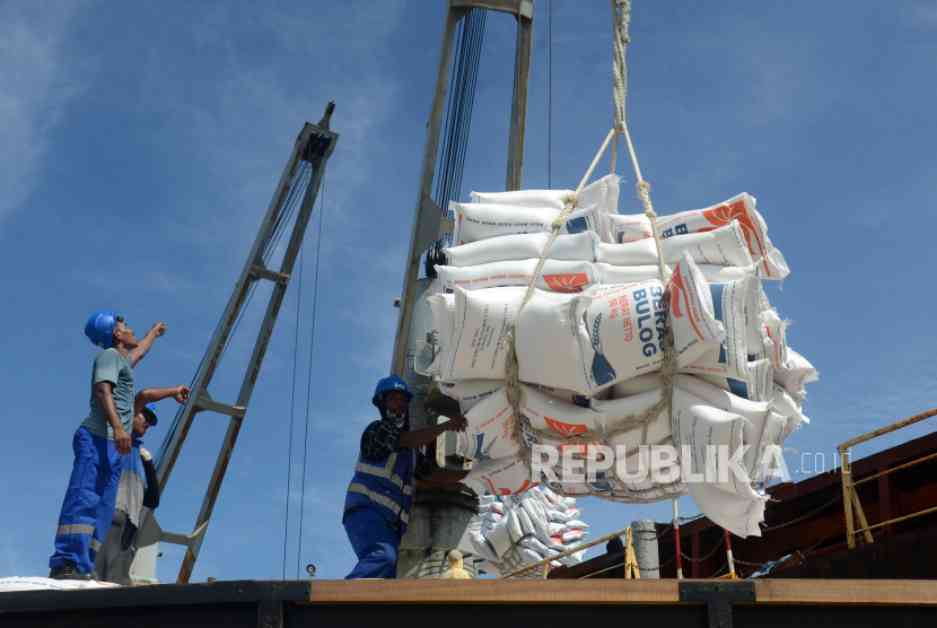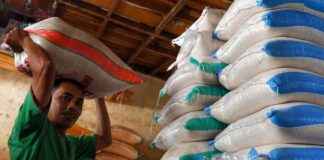Global Rice Prices Plummet as Indonesia Halts Rice Imports
In a surprising turn of events, global rice prices have taken a nosedive following Indonesia’s decision to halt rice imports from various countries, including Thailand. The move, spearheaded by President Prabowo Subianto’s administration, has sent shockwaves through the international rice market, causing prices to plummet significantly.
A Game-Changing Policy Shift
Arief Prasetyo Adi, the Head of the National Food Agency (Bapanas), revealed that the resolute stance on rice importation championed by President Prabowo has played a pivotal role in driving down rice prices globally. During a Coordination Meeting on Food Affairs in Banten Province, Arief highlighted the impact of Indonesia’s decision to refrain from importing four key food products, with rice being one of them. As a result, rice prices from countries like Thailand, Vietnam, Pakistan, and Myanmar have seen a drastic decline, dropping from $640 per metric ton to as low as $490 per metric ton.
Ripple Effects on the International Market
Data compiled by the Bapanas team indicates that the average price of 5% broken white rice (Free on Board) from various countries witnessed a notable decrease post-Indonesia’s import suspension announcement. For instance, prices from Thailand, Vietnam, Pakistan, and Myanmar that ranged between $622 and $655 per metric ton in January 2024 saw a sharp decline to $455-$514 per metric ton by December 19, 2024. The trend continued, with India easing its rice export restrictions, further pushing down white rice prices to $430-$490 per metric ton by January 8, 2025.
Implications for Farmers and Consumers
While the global rice market experiences a downturn, Arief emphasized the importance of ensuring that Indonesian farmers receive fair compensation, especially with the upcoming harvest season. The National Food Agency and the National Logistics Agency (Bulog) are gearing up to absorb the surplus rice effectively, aligning with President Prabowo’s directives to support local farmers.
The economic well-being of rice farmers is reflected in the Agricultural Price Index (NTPP), which hit a five-year high in February 2024 and maintained a commendable level of 108.90 in December 2024. Additionally, Indonesia’s efforts to stabilize inflation rates have been lauded, with the annual inflation rate in 2024 marking the lowest since 1958 at 1.54%. This achievement can be attributed to the government’s successful management of food commodity prices, contributing to a more stable economic environment.
As Indonesia navigates these dynamic changes in the rice market, stakeholders are optimistic about the potential benefits for local farmers and consumers alike. The strategic decisions made by the government are poised to create a more sustainable and equitable agricultural ecosystem, paving the way for a prosperous future for Indonesia’s agricultural sector.














